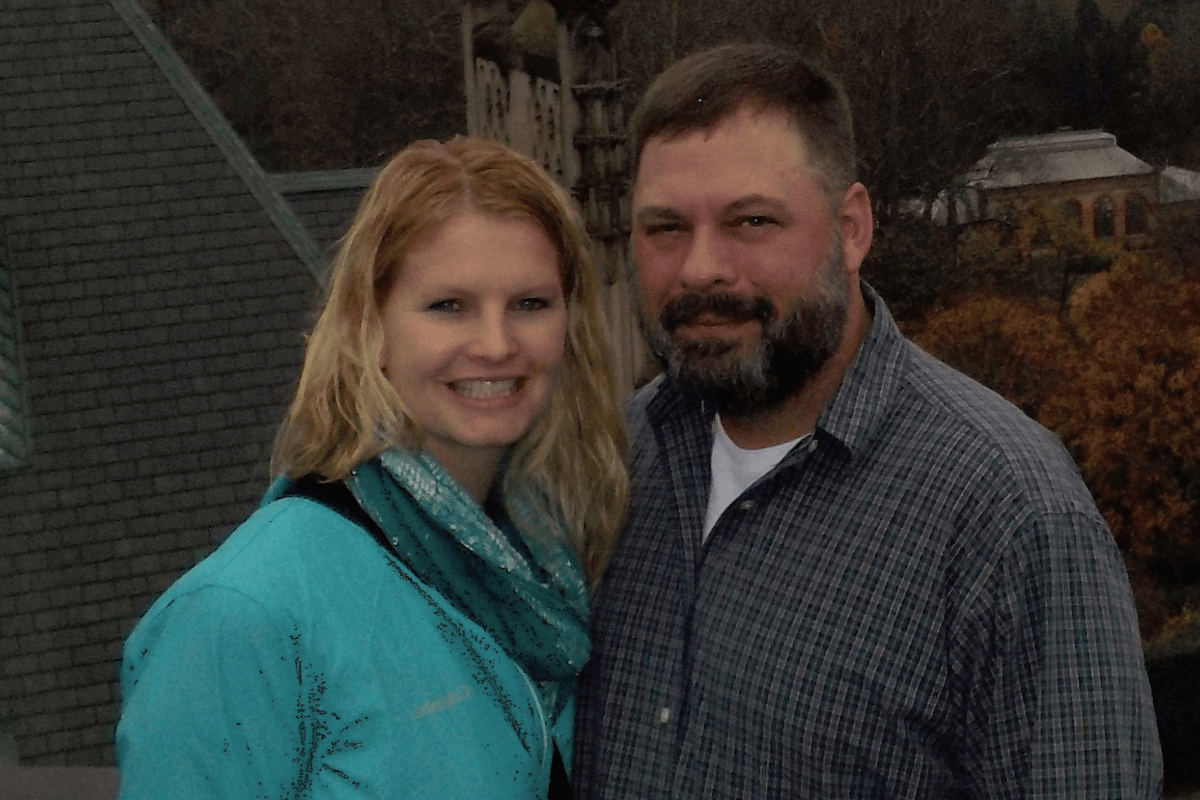
On a Wednesday morning in October, Casey got up for a dentist appointment.
The 36-year-old got in her car, drove 48 km to the dentist, and sat quietly while a dental technician fitted her for a mouthguard.
It wasn't until the technician started asking Casey about her dogs that something strange happened.
"I couldn't remember what their names were," she told Mamamia. "It was a very weird feeling. I couldn't put everything together in my head."
She brushed it off, skirted the question, and rushed out of the appointment, just wanting to get back to her day.
But on the drive back, she passed billboards she couldn't read, words blurring into nonsense.
"I knew for sure that something was wrong."
Watch: WELL: The telltale signs of anxiety. Post continues after video.
Back at her office, she found her husband, who she worked with, and burst into tears.
"That, of course, is not something that I normally do," she said. "So that kind of made him freak out."




























































































